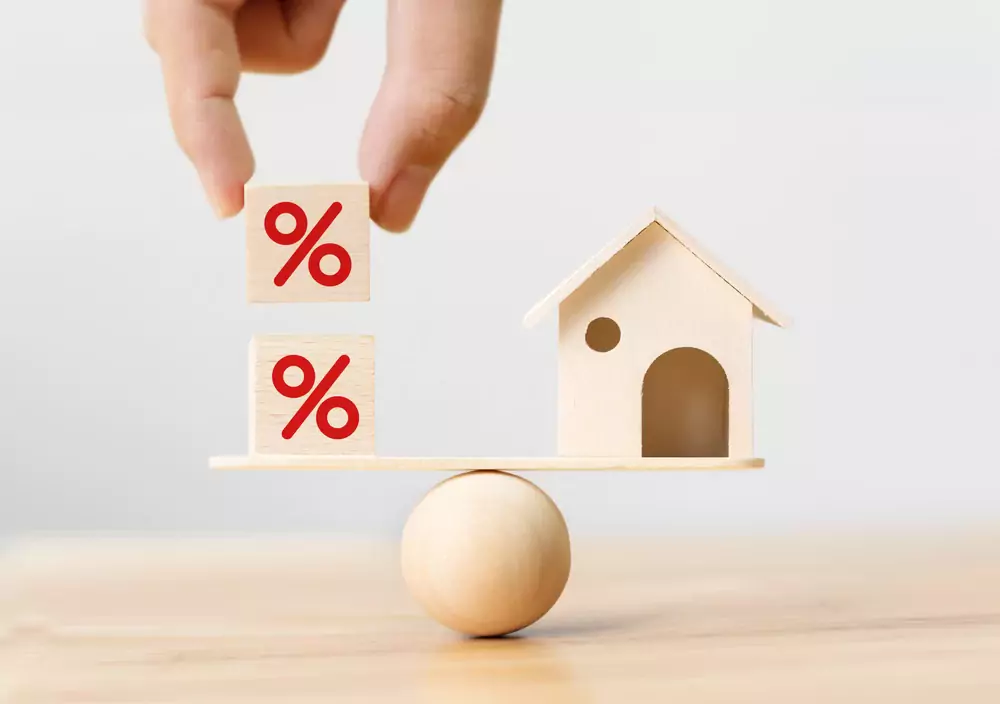Advertisement
The South African Reserve Bank (SARB) continues to maintain a tight monetary policy to combat stubbornly high inflation. In September consumers saw the central bank raise interest rates by 75 basis points; the repo rate now sits at 6.25% and prime lending rate is 9.75%.
It’s likely to slow economic growth even more. So, when will things get any better? What actions should homeowners take to soften the immediate financial blow.
Tighten those belts
Reserve Bank Governor Lesetja Kganyago recently warned that interest hikes would be considered to lower inflation. South African consumers are therefore likely to be hit hard by another interest rate hike ahead of the festive season, our seventh consecutive increase, and maybe even another early in the new year. The immediate advice for consumers would be to reduce their spending.
Advertisement
‘The mandate of our Reserve Bank’s is to try and keep inflation within the 3-6% band but the latest data shows it is at 7.5%, which is well above. The SARB cannot be seen as not trying curb inflation while the rest of the world hikes interest rates and so will most likely hike rates by another 75 basis points at the end of November.
‘After this we could possibly see another small hike in January, but this will probably be the last, as the expectations are that inflation will start to moderate,’ says Wichard Cilliers, director and head of market risk at TreasuryONE.
Impact on property owners
Strapping in for the long haul is concerning for the property market, especially for homes valued between R1 million to R2.4 million, one of the most active price bands which will be severely impacted by continued higher interest rates.
‘A 0.5 basis point hike alone can add around R450 to a R1 million bond which makes a big difference to the disposable income of owners,” explains Cobus Odendaal, CEO of Lew Geffen Sotheby’s International Realty in Johannesburg and Randburg.
‘In the middle market, where homes are R3 million to R6 million, the main issue will be investor confidence as many are beginning to wonder when and where the constant increases will end – and few people think we’ve reached the turning point yet. It unfortunately does not bode well for this sector of the market,” he adds.
Lightstone’s October report is also cautiously optimistic about market conditions, saying that while transfer volumes for 2022 are likely to be less than the 493 000 seen before the property market crashed in 2008, they will still match the 2021 Covid-bounce back. Furthermore, although the interest rate increases has affected affordability at the lower end of the market, buyer activity in the luxury residential housing segment is back to 12%, a number last seen in 2015.
What goes up, must come down
Carl Coetzee, the CEO of BetterBond, believes that interest rate hikes could lower and homeowners will see reduced bond payments in the coming year.
‘As the ARB responded quickly to signs of rising inflation by gradually increasing the repo rate in November 2021, consumers have adjusted to budgeting and preparing for changes in their monthly bond repayments. Although a pain point now, this cautiousness will spare further hardship later and once inflation starts dropping, so too will the interest rate,’ he says.
Not all doom and gloom
Despite the current misery, South Africans should remember that our fiscal policy is sound and there are still opportunities for growth and investment. Higher inflation and interest rates is currently a global problem, with the IMF predicting that more than a third of the global economy will shrink in the next year.
‘South Africa has one of the most advanced and stable banking sectors in the world and the steady interest rate increase has not dampened banks’ appetite to lend,’ says Coetzee.
‘While the property market will inevitably slow as affordability continues to be a challenge, there are still opportunities for buyers to invest in property and several banks are offering higher loan-to-value bonds to help consumers. The market has proven its resilience during the pandemic when everyone expected prices to plummet, and we expect it to do the same over the next months as the economy starts to recover,’ he concludes.
